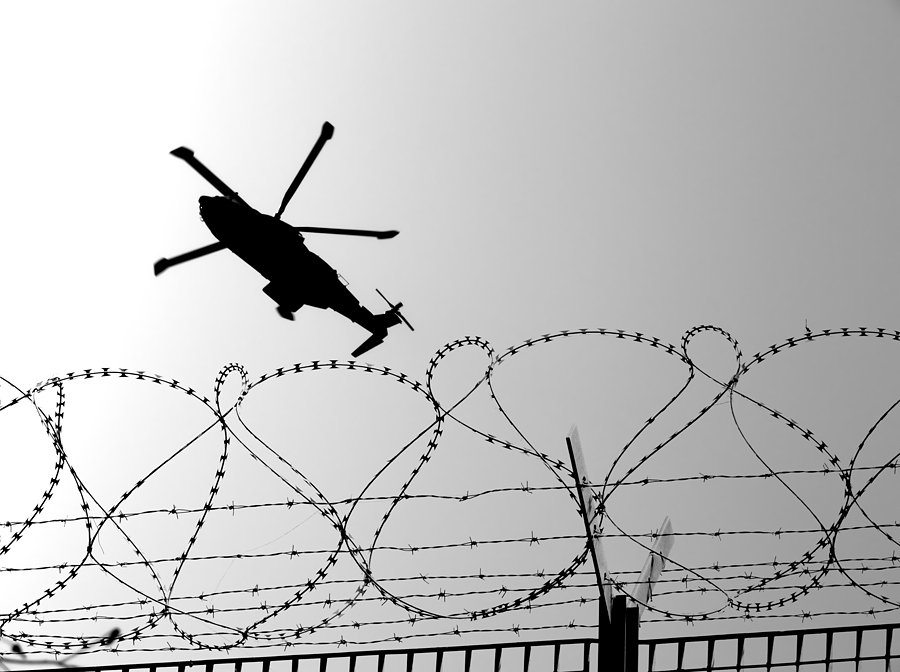PTSD – The hidden victims of war
By William Smith
Over the Easter break there were several newspaper reports about growing concerns for the  mental health of our armed forces. Two articles in particular give chilling figures which reveal the extent to which mental illness and post-traumatic stress disorder (PTSD) are blighting the lives of too many veterans of war.
mental health of our armed forces. Two articles in particular give chilling figures which reveal the extent to which mental illness and post-traumatic stress disorder (PTSD) are blighting the lives of too many veterans of war.
The Daily Record reveals that thousands of soldiers, almost one in 10, are being diagnosed with psychological problems. This is affecting every rank from top brass through to privates as they struggle to cope with what they witnessed in Afghanistan.
Figures obtained under the freedom of information laws reveal that more than 9,000 serving soldiers and officers are affected by some type of mental disorder. Between January 2007 and December 2010, a staggering 9064 personnel struggled with a number of different mental health issues which include mood and anxiety disorders. Of this number more than 500 were diagnosed with PTSD.
The Daily Record stats that the rank which is affected the most severely is that of a private with around 10% having a diagnosis of PTSD. Around 2,510 troops have been diagnosed with mental health problems in 2010 alone. In the same year 1,157 privates were diagnosed with mental illness.
Reported in the Daily Record and the Daily Mirror, psychotherapist and retired colonel Tony Gauvain said ‘A generation has been blighted. This is a ticking time bomb. The tightness of the PTSD definition allows the Ministry of Defence to minimise its liability. But it is highly significant that they do refer to mental health disorders. PTSD is actually an umbrella term which covers numerous things such as depression, anxiety, self-medication and other symptoms.’
Col. Gauvain is an expert in the treatment of military PTSD. He adds ‘So this is the tip of the iceberg. We are dealing with people who served in the Falklands 30 years ago and there would have been soldiers from World War 1 who were still having nightmares years down the line.’
This is a massive problem that is likely to get worse in years to come. You could take these figures and project them forward because this will just get worse as time goes on. Sometimes, the traumatic memory of combat can lay dormant, like a coiled spring, for a long time and it just takes a small event to push them over the edge. Troops can be on an adrenalin high in Afghanistan and when they come back home, life feels humdrum and boring. They feel their wife, partner or mother doesn’t understand them and they feel their life is meaningless.’
An article in the Daily Mirror states that during 1982, during the two-moth Falkland conflict, 255 British troops were killed but that this figure has now been eclipsed by the number who have since committed suicide. The figure currently stands at around 300, according to the South Atlantic Medal Association.
A MoD spokesman is reported to attribute the rise in PTSD numbers on the fact that more soldiers are now willing to discuss their problems. He said ‘The mental well-being of service personnel is a priority. There is a concerted drive to de-stigmatise issues around mental health and promote awareness of the professional medical care and support available.’
A wide range of services is provided to forces personnel, including mental health specialists who are directly available to personnel in theatre at at the home base,’ he added.
But, we ask, what of the personnel who have long since left the service of our country? It falls to over-stretched and often under-funded charities to pick up the pieces for those who, after years of struggling, come forward needing help with mental scars.





